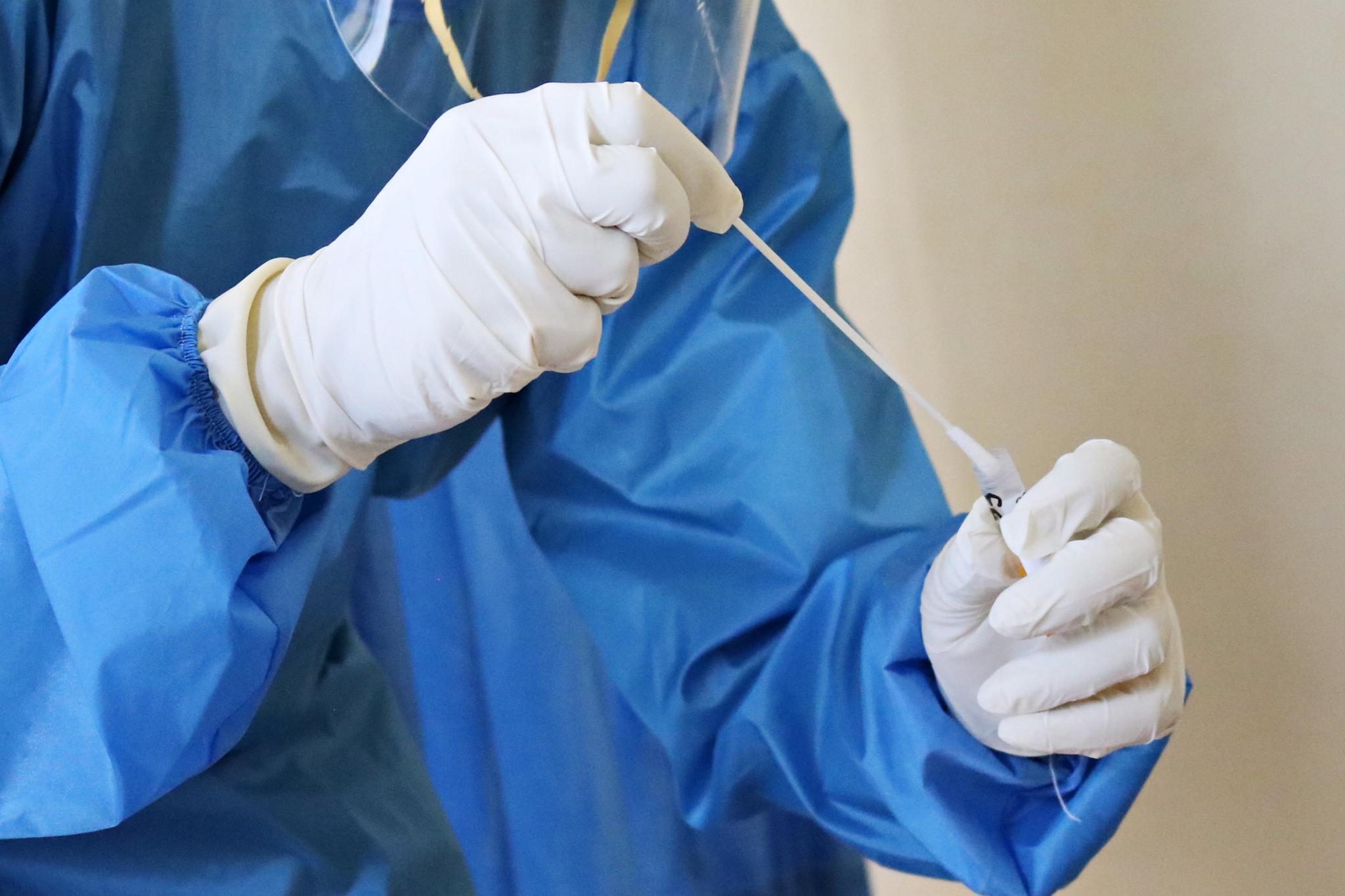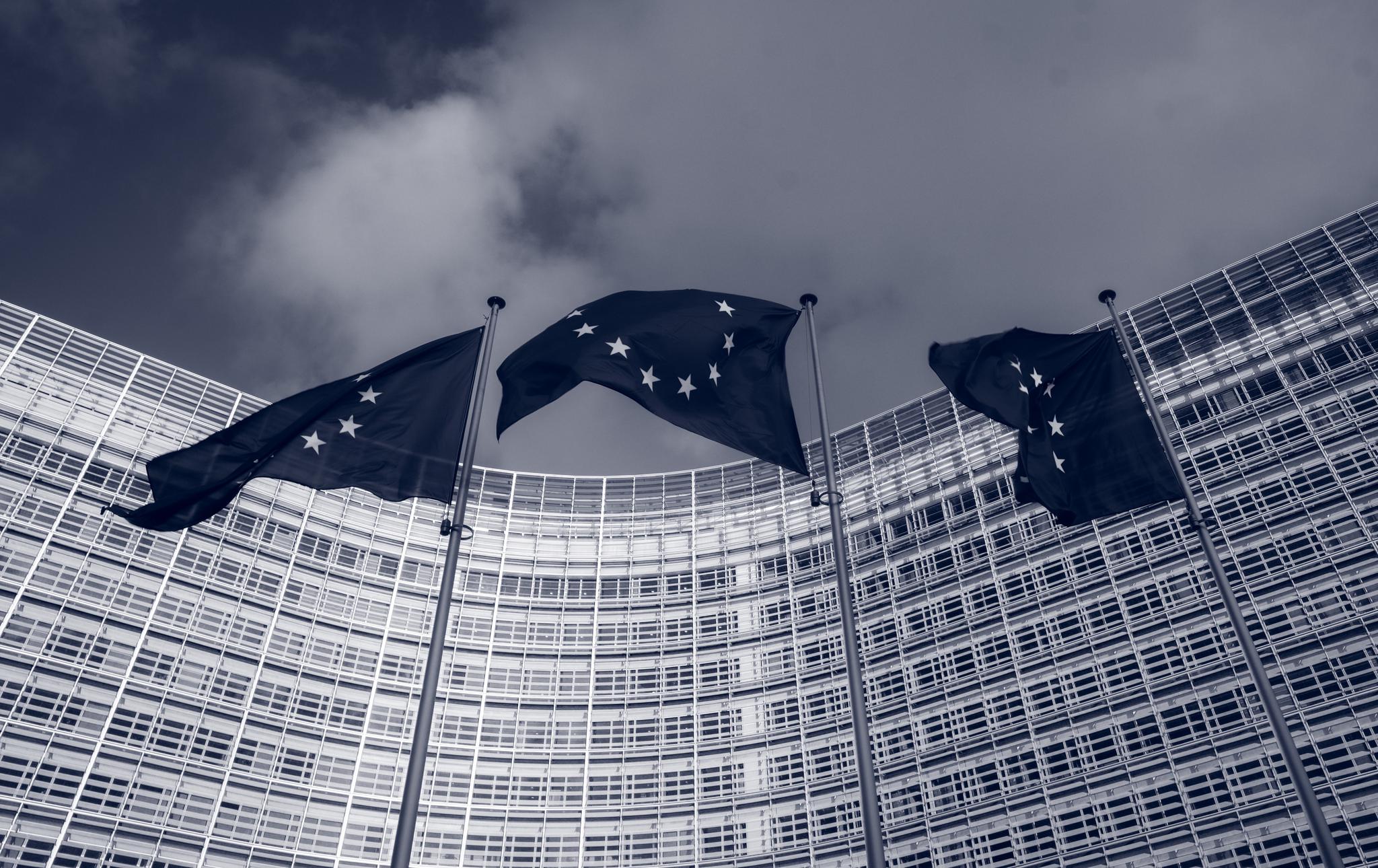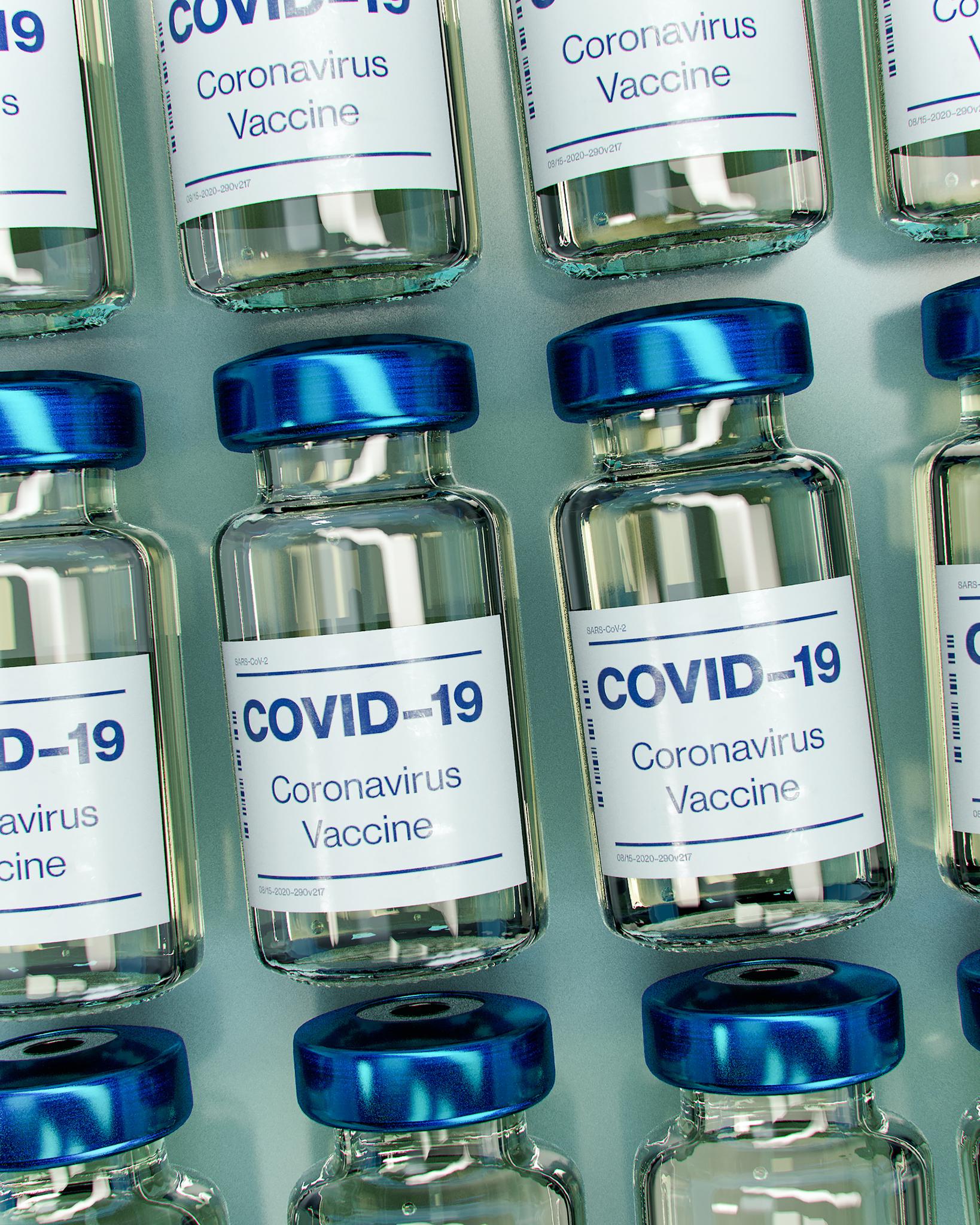EU COVID-19 Response
Europe is grappling with the negative impacts of the global pandemic. Just eight months after it spread to Europe, COVID-19 has infected over 200,000 Europeans, and efforts to slow its progression continue. As the holiday season rolls in, these numbers are expected to rise, prompting many European nation-states to shut down again. During the beginning stages of the pandemic, it was unclear what activities were safe, as many countries had different protocols for handling the virus. To dispel the confusion, the European Commission has put forward a common response to build a coordinated effort among EU member-states to slow down the spread of the virus and re-open Europe.

According to Ursula von der Leyen, President of the European Commission, the “common European response” will focus on setting up universal guidelines which all member-states must follow. This includes a color-coordinated system to track outbreaks and determine when and where testing and quarantine are needed, especially when traveling across borders. The response will also help to bring aid to patients across Europe and encourage the donation of necessary protective gear as well as cross-border treatments for those who need it. The European Commission will also focus on giving accurate and up-to-date information on the pandemic and addressing the socio-economic impact caused by the outbreak of COVID-19.

The European Commission’s Horizon 2020 program will focus on generating a COVID-19 response. In particular, the Horizon 2020 Framework Programme has issued a challenge to “develop a scalable, reliable and cost-effective early warning system prototype to forecast and monitor vector-borne diseases to contribute to the prevention of outbreaks mitigating their impact on local, regional and global scales,” according to the European Commission. As of September 2020, investments in the Horizon 2020 program reached €1 billion (around 1.23 billion USD) in research and development funding. The projects that receive this money will utilize it to develop pandemic and epidemic responses, including diagnostics, vaccines, treatments, and rapid response services. Some promising results from the projects include potential vaccine candidates, new therapies, enhancements to existing remedies for long-term ailments caused by COVID-19, new diagnostic tools and public health measures, and an accessible COVID-19 data platform. “Knowledge and innovation save lives, " said Mariya Gabriel, Commissioner for Innovation, Research, Culture, Education, and Youth. The EU intends to use just that to help give those living in EU member-states the best chance at beating the virus. Deadlines for this project have been extended to February 16, 2021.

President von der Leyen also announced that a coordinated vaccination effort would be rolled out upon the authorization of a successful vaccine. As of December 2020, vaccinations are expected to begin on the 27th, 28th, and 29th of the month. The effectiveness of the current vaccines looks promising and widespread vaccination and immunization will bring Europe one step closer to returning to normalcy in the coming year.
